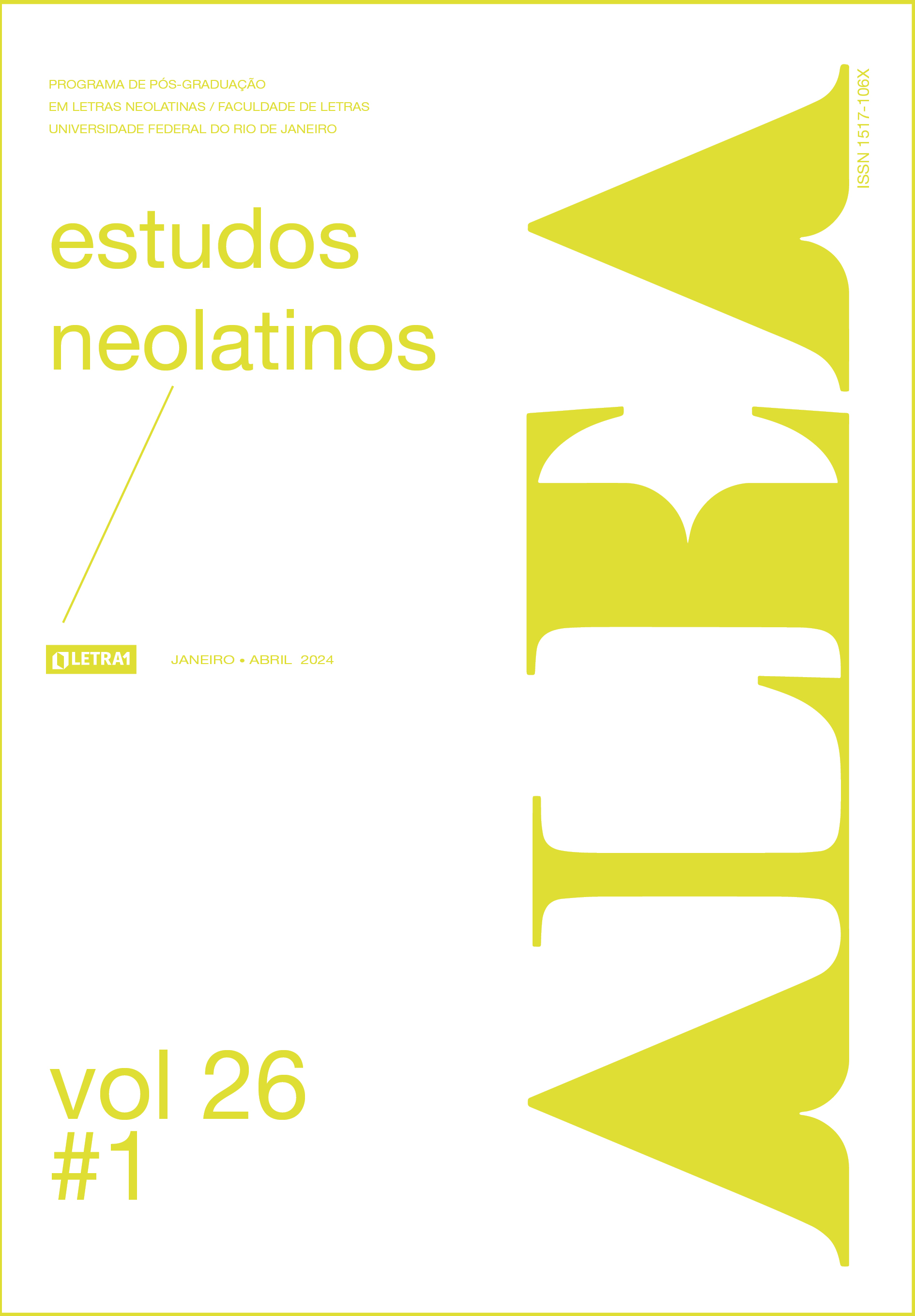Paradox, Rey y las políticas neocolonialistas de fines del siglo XIX y principios del XX
DOI:
https://doi.org/10.1590/1517-106X/2024e62124Abstract
Este artículo tiene como objetivo discutir de qué manera se configuran las políticas neocolonialistas en la novela Paradox, Rey, de Pío Baroja. Considerando el proceso violento de colonización del continente africano impuesto por las naciones europeas en el siglo XIX, dos hipótesis conducen este trabajo: primeramente, al intentar problematizar la dominación francesa en naciones africanas, Pío Baroja acaba repitiendo las mismas prácticas adoptadas por los franceses, por medio de una imposición político-cultural y del silenciamiento de la cultural del otro. Por otra parte, al intentar introducir una lógica que escape de las políticas colonialistas que países europeos impusieron en el continente africano con el objetivo de enriquecimiento económico por la vía de la explotación, el anarquismo puesto en práctica en Bu-Tata tampoco se muestra viable. La imposibilidad se da tanto por el hecho de ser impuesto por los europeos, como por no lograr escapar de la lógica genocida del colonialismo.
Downloads
Published
Issue
Section
License
THE AUTHOR/S confirm/s his, her or their participation in all stages of work preparation: 1) Conception, project, bibliographical research, analysis and interpretation of data; 2) Writing and reviewing the manuscript; 3) Approval of the final version of the manuscript for publication; 4) Responsibility for all aspects of the work and guarantee for the accuracy and integrity of any part of the work. The submission of works implies the immediate cession, without onus, by all authors, of publication rights to the journal Alea, licensed under CC BY (https://creativecommons.org/licenses/by/4.0/). The authors are fully responsible for the content of the article and continue to hold all copyrights for subsequent publications of it, and should, if possible, include the reference to the first publication in the journal. Alea does not commit to returning received contributions. Authors of articles, reviews or translations will receive a copy of the journal.

